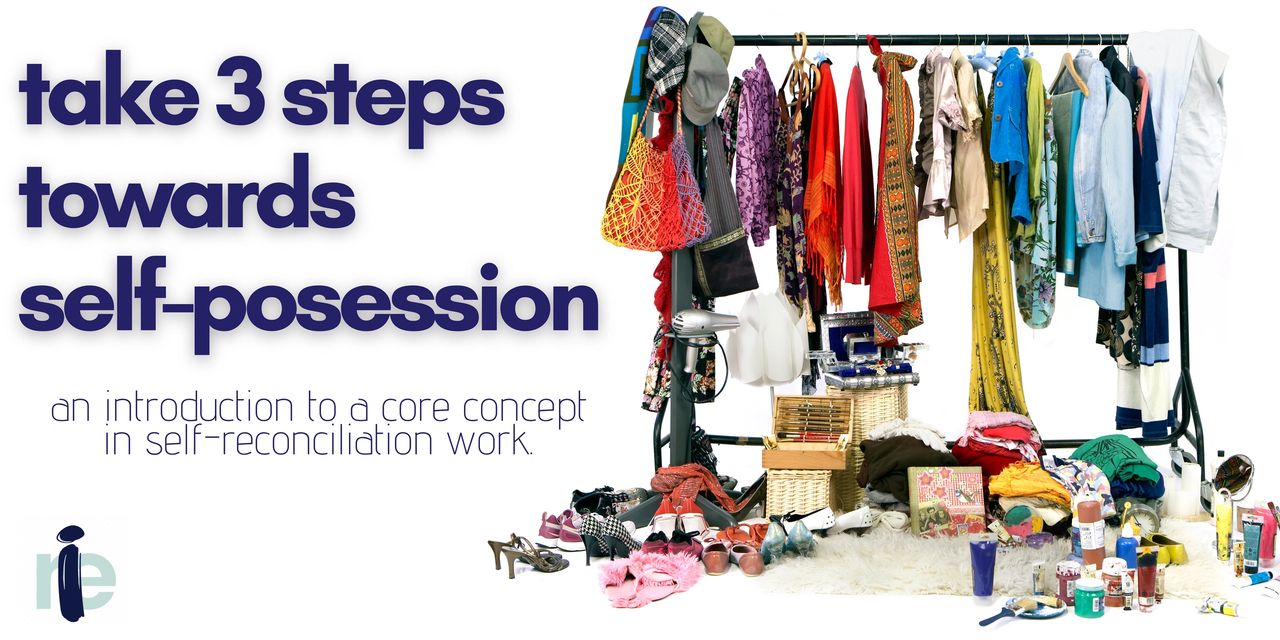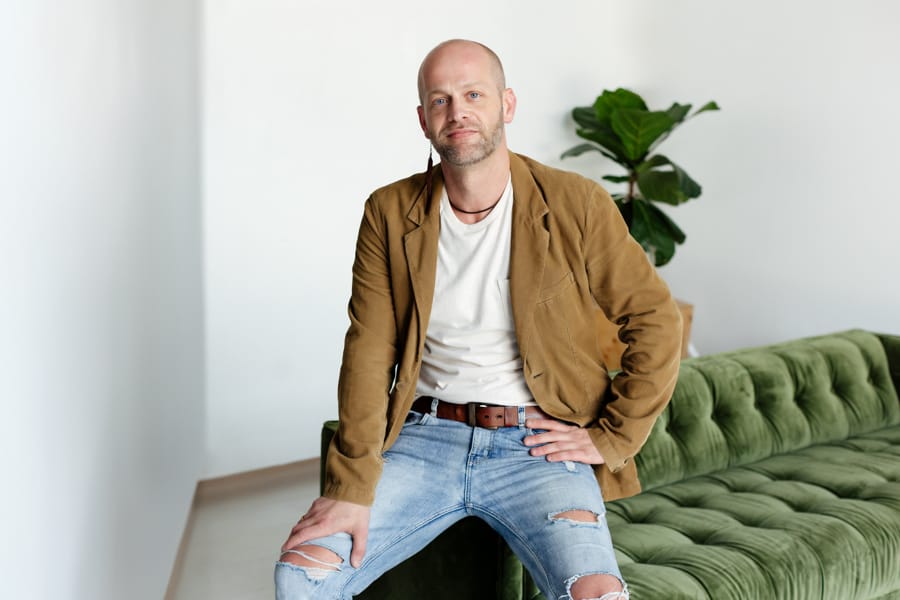What do I mean when I say “self-possession.”
Does that mean I own myself like my other possessions? Does that mean that I am filled with myself like if a spirit were to inhabit me? Does it mean that I owe myself like I would have responsibility over my things?
A little of all of that and maybe more?
Self-possession is a psychological construct I use that refers to an individual’s ability to have a sense of ownership over their own thoughts, feelings, and behaviors. It involves a sense of agency and autonomy, as well as a capacity to make intentional choices and decisions in alignment with values and goals.
While I see self-possession as a key aspect of psychological well-being, it is not an established construct within the body of psychological literature. Nevertheless, it is a dynamic and evolving construct drawing on elements of existential, Jungian, humanistic, depth, evolutionary, and neurobiological influences in my training and career.

Existential theorists emphasize self-possession‘s importance in terms of an individual’s ability to confront and make meaning of inherent uncertainties and challenges of life. Sartre argues individuals have a fundamental freedom to choose their own path and to take responsibility for their actions. Heidegger emphasizes authenticity in living as a role within a self-possessed life. Jungian psychology highlights individuation, a process of becoming and integrating one’s unconscious and conscious aspects into a cohesive whole.
it requires a focus on and understanding underlying subconscious motivations, conflicts, and defenses that can influence an individual’s sense of agency. Freud’s psyche theory suggests ego, or conscious self, mediates between external world demands and unconscious desires of the id. By developing a stronger ego – a strong mediator – individuals can better face external pressures.
From an evolutionary perspective, self-possession may be seen as a key component of survival and success. By being able to make intentional choices and decisions, individuals are able to adapt to changing circumstances and pursue their goals in a more effective manner.
Self-possession can be applied across a range of domains in life, including work, relationships, health, personal growth, spirituality, creativity, leisure, and community involvement.
In your domain of work, self-possession involves being able to set clear goals and boundaries, making decisions based on one’s values and strengths, and taking ownership of one’s actions and outcomes.
In relationships, self-possession involves being able to communicate openly and honestly, setting boundaries, and taking responsibility for one’s own needs and feelings.
In domains of health, self-possession involves taking care of one’s physical and emotional well-being through self-care practices and seeking out support when needed.
To become self-possessed, I created a three-step approach you can easily adopt and remember with an acronym B.A.D. (Being, Allowing, and Doing).
The first step, Being, involves cultivating mindfulness and self-awareness, as well as being present in the moment and accepting one’s thoughts, feelings, and behaviors without judgment.
The second step, Allowing, involves letting go of external expectations and pressures, and instead focusing on what feels most authentic and meaningful to oneself.
The third step, Doing, involves taking action in line with one’s values and goals, and making intentional choices that align with one’s sense of self.
Self-possession is a complex and multifaceted psychological construct – if you would like to explore how you can become self- possessed, reach out to me. I would be happy to provide you more information about how to make an appointment. Email me david@reamtexas.com.

